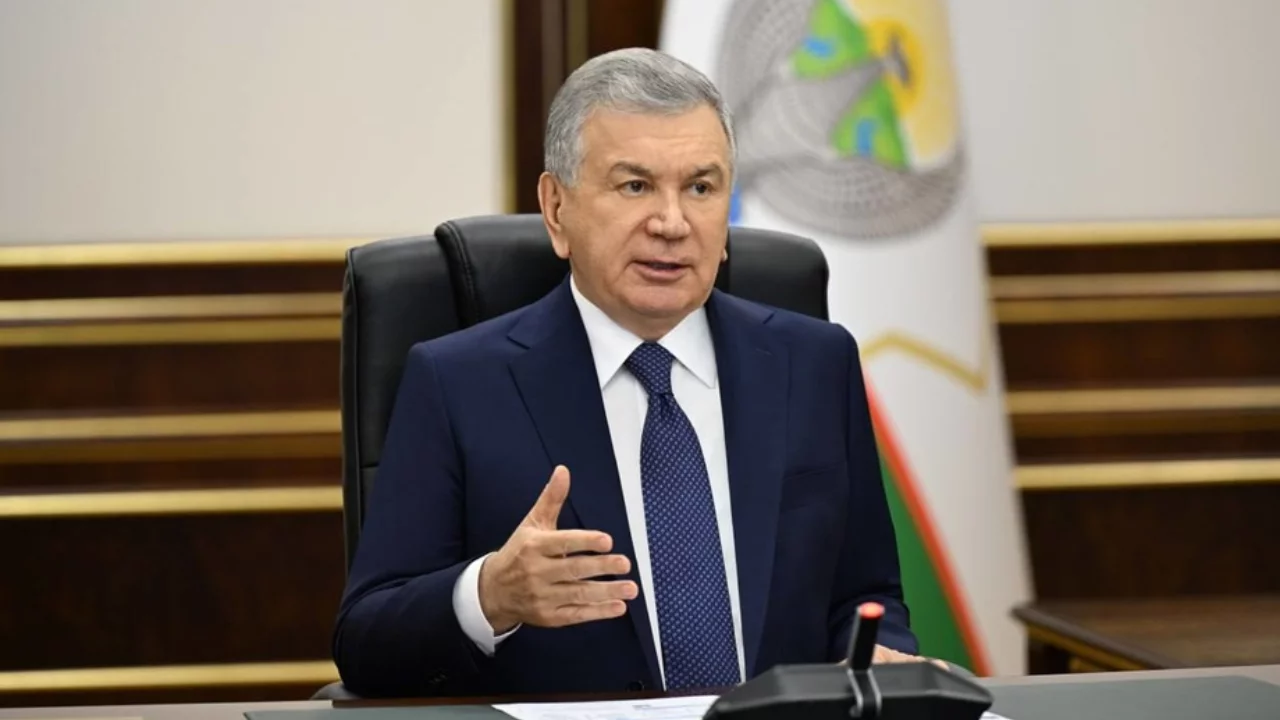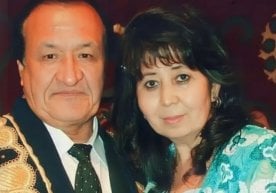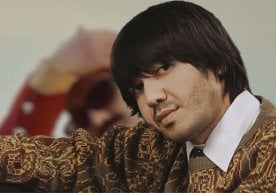A Higher Music and Art School Named After Sherali Jo‘rayev Will Be Established

A period of rapid reforms has begun in the field of culture and art in our country, reports president.uz. Under the leadership of President Shavkat Mirziyoyev, important proposals for improving public administration and developing handicrafts were presented.
At present, our people's spiritual heritage and intellectual and cultural needs are constantly growing. For this reason, public-private partnerships are being introduced in cultural centers, and great attention is being paid to the creation of historical and animation projects and national products for young people. In order to enhance patriotism and create national brands, advanced foreign experience is being gradually introduced.
By the decision of the President of Uzbekistan, the National Institute of Pop Art named after Botir Zakirov was established. In addition, his memorial museum, a special scholarship, and an international pop music competition will also be set up. The most talented graduates will have the opportunity to study for a master's degree abroad.
At the same time, during his visit to Andijan, the President initiated the perpetuation of the memory of the people's artist Sherali Jo‘rayev. For this, a higher music and art school bearing his name will be established in Andijan, and an annual national singing TV competition will be held. The school will feature a scientific and creative laboratory, a "golden fund," and a modern recording and video studio.
In the republic, symphony and national folk instrument orchestras will be created not only in the capital, but also in the regions. For example, new orchestras in Fergana will be supplied with modern equipment and costumes. The President specifically stressed the need to expand touring performances in districts and cities and to bring masterpieces of national and world art to the wider public.
The creative economy is also of great importance: today, there are 14,000 enterprises operating in the country, employing about 100,000 people. In the next five years, the volume of this sector is planned to double and its share in GDP to reach 5%. New laws have been adopted and international cooperation has been strengthened in this direction.
Handicrafts are one of the most important areas of the creative industry — since the beginning of the year, exports of such products have amounted to $6.5 million. Bukhara was included in the UNESCO Creative Cities Network in the field of "Handicrafts and Folk Art," where 2,000 artisans work in 36 areas.
Another major project — in cooperation with the Royal Foundation of Great Britain, an academic platform will be created in Tashkent, covering more than 3,000 artisans. This platform will later be transformed into a school of applied arts.
In September-November, the first biennale of contemporary art will be held in Bukhara, which is expected to be attended by 70 artists from 40 countries.
In Karakalpakstan, a creative cluster will be established in the “Istiqlol” park, and the Aral school will be founded. Here, young artisans and designers will improve their skills by combining innovative ideas and traditional knowledge.
The head of state gave clear instructions to the responsible persons to ensure the high quality and professional implementation of all projects. This new stage in culture and the creative economy will serve to further raise the standard of living and the prestige of our country.
Read “Zamin” on Telegram!





















